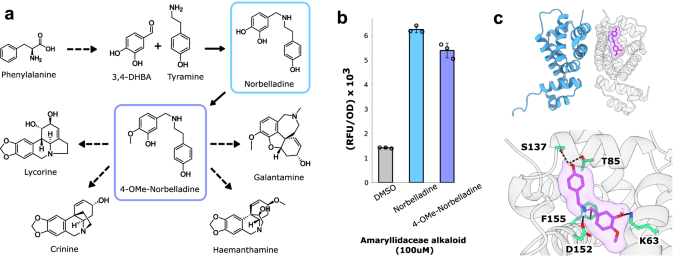2024-03-14 タフツ大学
<関連情報>
- https://now.tufts.edu/2024/03/14/importance-play-young-chimpanzees-and-their-mothers
- https://www.cell.com/current-biology/abstract/S0960-9822(24)00168-4
大人の社会的遊びの生態学的変化から、野生のチンパンジーにとって母親であることの隠れた代償が明らかになった Ecological variation in adult social play reveals a hidden cost of motherhood for wild chimpanzees
Kris H. Sabbi,Sophia E. Kurilla,Isabelle G. Monroe,Martin N. Muller,Richard W. Wrangham,Zarin P. Machanda
Current Biology Published:March 14, 2024
DOI:https://doi.org/10.1016/j.cub.2024.02.025
Highlights
•Adult chimpanzees played more often with all partners when diet quality was high
•Unlike other dyads, only mother-offspring play persisted when diet quality was low
•Playing with offspring helps balance the costs of grouping with offspring needs
•Like with humans, parent-offspring play may be crucial to development for chimpanzees
Summary
Though common among humans, social play by adults is an uncommon occurrence in most animals, even between parents and offspring.1,2,3The most common explanation for why adult play is so rare is that its function and benefits are largely limited to development, so that social play has little value later in life.3,4,5,6Here, we draw from 10 years of behavioral data collected by the Kibale Chimpanzee Project to consider an alternative hypothesis: that despite its benefits, adult play in non-humans is ecologically constrained by energy shortage or time limitations. We further hypothesized that, since they may be the only available partners for their young offspring, mother chimpanzees pay greater costs of play than other adults. Our analysis of nearly 4,000 adult play bouts revealed that adult chimpanzees played both among themselves and with immature partners. Social play was infrequent when diet quality was low but increased with the proportion of high-quality fruits in the diet. This suggests that adults engage in play facultatively when they have more energy and/or time to do so. However, when diet quality was low and most adult play fell to near zero, play persisted between mothers and offspring. Increased use of play by adult chimpanzees during periods of resource abundance suggests that play retains value as a social currency beyond development but that its costs constrain its use. At the same time, when ecological conditions constrain opportunities for young to play, play by mothers fills a critical role to promote healthy offspring development.
Graphical abstract



